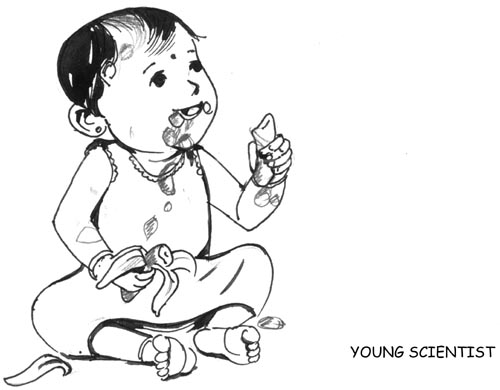|
We turn our attention to the present in this second part of this series.
In the first part, you defined your goals, in the style of winners, using the four characteristics of valid goals.
Goals help you determine where you want to reach. Now that you know where you want to reach, you better check if anything is holding you back from moving forward.
Beware: Your obstacles to reach your goals may, often, arise from within you – from limits set by your mind!
NLP presumes that we operate not on the world directly, but on our mental maps about the world.
It is a great learning to constantly become aware that we operate on our mental maps of the world, and
not on the world directly– and, constantly, to learn to
expand the mental map of about the world.
For instance, a person sets a goal to achieve/maintain health. The world offers a variety of foods; and great many opportunities for physical exercise. But to use those opportunities, one must perceive them as options/possibilities in one’s mind first.
But, we may make ourselves blind to the available opportunities. We delete a lot of information that we could see around, from entering our brains, and feel stuck where we are.
As a student, you might have seen some companions getting up early and exercising; but you never tried. And, as an employee, you may see a lot of people walking in the morning; or walking part of their journey to or from office; but that never strikes you.
You may see neighbours eating different foods, for enhancing their health. Yet, you might have told yourself, that food won’t taste good, and “I can’t eat that!”
Thus, the limit to development gets set by your own ‘deleting’ information/options by your ‘belief’ that what someone else is doing is not possible for you to do!
Build sensory acuity
True, we need to ‘delete’ a lot of information that our senses keep bombarding our brains with. If you pay attention to all the details of what your eyes see, and all the sounds noises your ears pick up, and the various sensations that you feel inside and outside your body, your brain will crash – unable to take the load of information.
So, out of necessity, we select the information we want to pay attention to; and the rest, we constantly delete from our awareness.
This process of constantly deleting information, while it is necessary for our survival, is also a limiting factor on our development. Out of habit, we tend to delete a lot of useful information on: Thus, we become blind to opportunities to our own development.
Get in touch with the world outside
Ask yourself what the other person is doing? Can I do what that person does? If this were an opportunity, what will that mean to me? How wonderful if I can acquire a taste for this or develop a liking for that? If I start learning this subject, how fast I can complete, compared to a child learning that same subject?
It requires an inquisitive attitude of a child, to develop. A child keeps experimenting, learning. Give it a banana, it will test how it feels: to squeeze it between fingers; to rub it on the face or stomach, or on the head; or, to put it in the mouth and taste.
|

|
|
Adults have stopped experimenting and learning! Once you ‘know’ what you like or dislike, you get fixed. You look for what you want wherever you go, and feel frustrated when things don’t go according to your expected taste!
Think of two people: One thinks of oneself as an engineer; another as an illiterate person. Both may search for jobs in the world outside that will match with the ‘idea’ they have of their own identity – and end up earning as much as they really could!
Look at this news item of a woman, honoured by the Confederation of British Industries (CBI):
Warsi began humbly by making samosas and carting them to her local takeaway - Andy's Fish Bar in Derby - to see if they would sell. Her success at Andy's prompted Warsi to hire local Indian women - housewives who could do with some extra cash - to scale up her kitchen. From there, Warsi moved on to supplying Britain's largest supermarket chain Asda's. Her company now has an annual turnover of over 70 million pounds. Now think of the number of parents who fear their child can’t survive in this world without coming first in class/school? Of the number of school children – so motivated by parents/teachers – who commit suicide because they failed to secure the marks they thought they needed to pursue success!
Options need to be created in the mind first. Only then an opportunity can be recognized in the world outside! Even when a child does well in school, how often it gets stuck with the lessons learnt, unable to imaginatively create new opportunities for development for self and others?
Creativity in science, business, or in any sphere of life will be achieved by breaking through the barriers of limits we set in our minds about what is possible or not. By questioning and challenging our thinking pattern, we can become creative; in a way, we need to become ‘irrational’ to become creative:
If this bird can fly, why not I? How wonderful if I can just copy a page as it is on another sheet of paper? How exciting to think one can look at another and communicate, sitting before PCs or Laptops – across continents?
Wild dreams help us to invent things. Every day, there are people who think through new ways to do things. And we all reap the benefit of their dreams.
|
|



